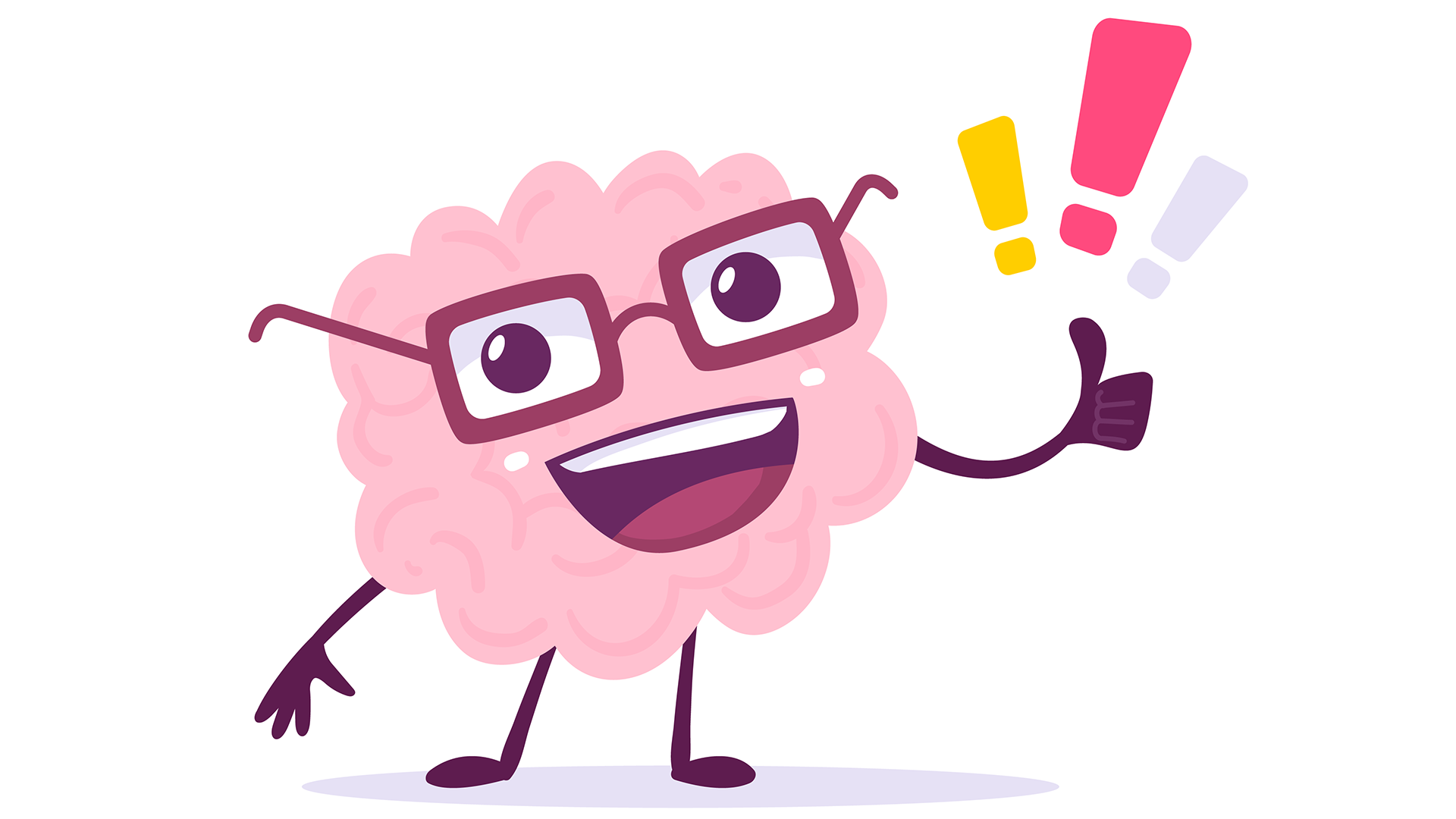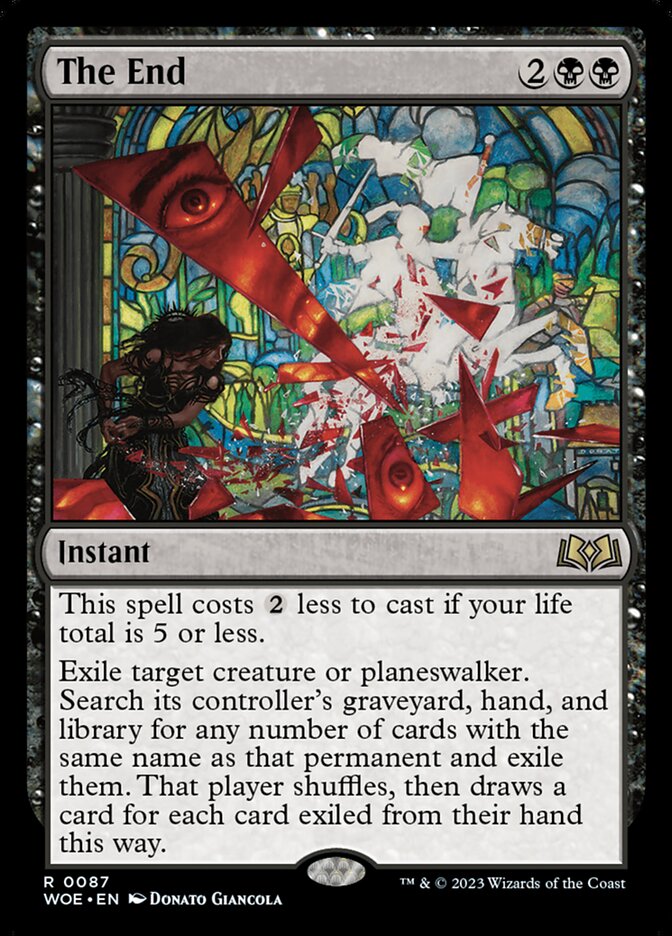PDF] Low-Dimensional Structure in the Space of Language Representations is Reflected in Brain Responses
Por um escritor misterioso
Last updated 10 novembro 2024
![PDF] Low-Dimensional Structure in the Space of Language Representations is Reflected in Brain Responses](https://d3i71xaburhd42.cloudfront.net/89711a7e91ad81874a5a0b1c3359bb67b27c0578/15-Table1-1.png)
An encoder-decoder transfer learning method from computer vision is adapted to investigate the structure among 100 different feature spaces extracted from hidden representations of various networks trained on language tasks and reveals a low-dimensional structure where language models and translation models smoothly interpolate between word embeddings, syntactic and semantic tasks, and future word embedDings. How related are the representations learned by neural language models, translation models, and language tagging tasks? We answer this question by adapting an encoder-decoder transfer learning method from computer vision to investigate the structure among 100 different feature spaces extracted from hidden representations of various networks trained on language tasks. This method reveals a low-dimensional structure where language models and translation models smoothly interpolate between word embeddings, syntactic and semantic tasks, and future word embeddings. We call this low-dimensional structure a language representation embedding because it encodes the relationships between representations needed to process language for a variety of NLP tasks. We find that this representation embedding can predict how well each individual feature space maps to human brain responses to natural language stimuli recorded using fMRI. Additionally, we find that the principal dimension of this structure can be used to create a metric which highlights the brain's natural language processing hierarchy. This suggests that the embedding captures some part of the brain's natural language representation structure.
![PDF] Low-Dimensional Structure in the Space of Language Representations is Reflected in Brain Responses](https://www.studentartguide.com/wp-content/uploads/2018/04/how-to-analyse-piece-of-art.jpg)
How to analyze an artwork: a step-by-step guide for students
![PDF] Low-Dimensional Structure in the Space of Language Representations is Reflected in Brain Responses](https://media.springernature.com/full/springer-static/image/art%3A10.1038%2Fs41467-023-36583-0/MediaObjects/41467_2023_36583_Fig1_HTML.png)
Abstract representations emerge naturally in neural networks trained to perform multiple tasks
![PDF] Low-Dimensional Structure in the Space of Language Representations is Reflected in Brain Responses](https://www.tandfonline.com/cms/asset/0fc9504f-52ca-4aa0-b23c-b6ac44106367/tadr_a_1632223_f0001_ob.jpg)
Full article: Survey on frontiers of language and robotics
![PDF] Low-Dimensional Structure in the Space of Language Representations is Reflected in Brain Responses](https://ars.els-cdn.com/content/image/1-s2.0-S0376635716302480-fx1.jpg)
The representation of space in the brain - ScienceDirect
![PDF] Low-Dimensional Structure in the Space of Language Representations is Reflected in Brain Responses](https://www.tandfonline.com/cms/asset/73caea47-5b69-4b83-ab49-74fbb57522af/tapx_a_2006080_uf0001_oc.jpg)
Full article: Machine learning in the analysis of biomolecular simulations
![PDF] Low-Dimensional Structure in the Space of Language Representations is Reflected in Brain Responses](https://onlinelibrary.wiley.com/cms/asset/b53c0286-d5f4-4cf3-accb-cb4c435b704a/jnc15865-toc-0001-m.jpg?trick=1701434798162)
Techniques for in vivo serotonin detection in the brain: State of the art - Zhao - 2023 - Journal of Neurochemistry - Wiley Online Library
![PDF] Low-Dimensional Structure in the Space of Language Representations is Reflected in Brain Responses](https://upload.wikimedia.org/wikipedia/commons/thumb/d/dc/Reaction_time_stages.png/800px-Reaction_time_stages.png)
Mental chronometry - Wikipedia
![PDF] Low-Dimensional Structure in the Space of Language Representations is Reflected in Brain Responses](https://www.csbj.org/cms/asset/06d42f8c-32e0-4dab-abac-3b338dc470b7/gr1.jpg)
Considerations for constructing a protein sequence database for metaproteomics - Computational and Structural Biotechnology Journal
![PDF] Low-Dimensional Structure in the Space of Language Representations is Reflected in Brain Responses](https://www.neurology.org/cms/asset/1ab83987-58fe-4132-a5ec-dd1c6704376e/wnl.2022.99.issue-11.largecover.jpg)
Association Between Accelerometer-Derived Physical Activity Measurements and Brain Structure
![PDF] Low-Dimensional Structure in the Space of Language Representations is Reflected in Brain Responses](https://www.frontiersin.org/files/Articles/747215/fnhum-16-747215-HTML-r1/image_m/fnhum-16-747215-g001.jpg)
Frontiers Understanding Language Reorganization With Neuroimaging: How Language Adapts to Different Focal Lesions and Insights Into Clinical Applications
![PDF] Low-Dimensional Structure in the Space of Language Representations is Reflected in Brain Responses](https://www.pnas.org/cms/10.1073/pnas.2105646118/asset/a6e10742-1c2a-44dc-b4ea-a3ed31ef3b73/assets/images/large/pnas.202105646fig01.jpg)
The neural architecture of language: Integrative modeling converges on predictive processing
![PDF] Low-Dimensional Structure in the Space of Language Representations is Reflected in Brain Responses](https://images.prismic.io/encord/df774eb1-d9df-4767-b152-18f3f56f9d57_Thumbnail+ImageBind+Explained.png?auto=compress%2Cformat&fit=max)
ImageBind MultiJoint Embedding Model Explained
![PDF] Low-Dimensional Structure in the Space of Language Representations is Reflected in Brain Responses](https://iiif.elifesciences.org/lax:85487%2Felife-85487-fig4-v2.tif/full/1500,/0/default.jpg)
Large-scale neural dynamics in a shared low-dimensional state space reflect cognitive and attentional dynamics
Recomendado para você
você pode gostar



















